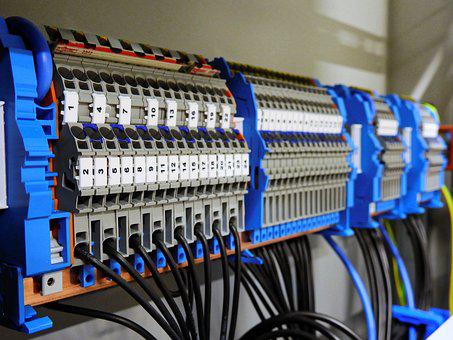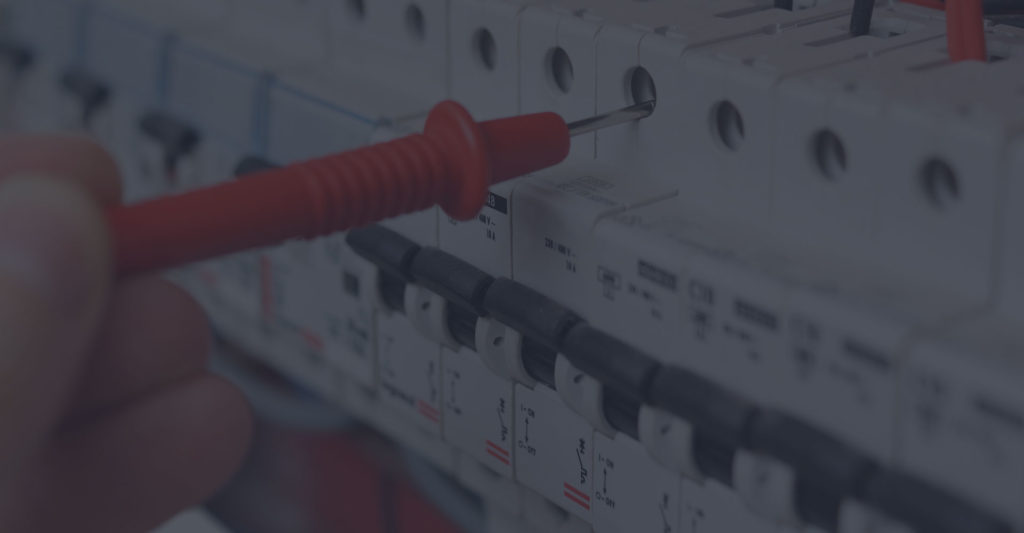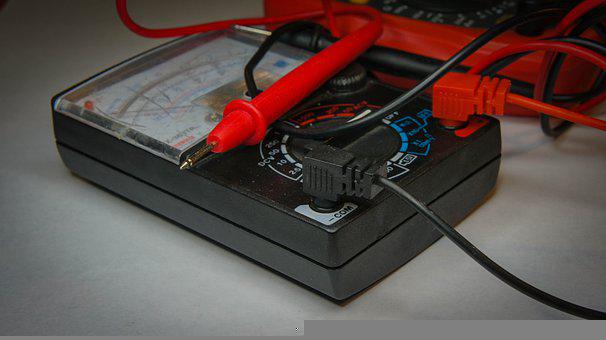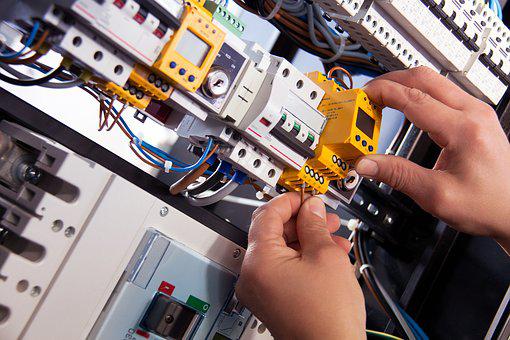Electrician in Boise
Boise electricians

Circuit-breakers can be used to prevent electrical devices from overheating. Circuit-breakers should be installed in the critical areas of a circuit. They will trip if they are exposed to too much current. If current is higher that their rated limit, fuse wires could melt. Fuse-wires often are located near outlets that could be at risk for water damage. Make sure to install GFCI outlets near water sources.
Most cities require electrical permits. The requirements for electrical permits vary depending upon the location. However, an electrician must usually provide a detailed listing of the work they plan on doing. Additionally, most states require that generic contractors (such as construction contractors) are licensed. Oregon law requires that electricians have an electrical contractor license issued by the Building Codes Division, and a construction contractor license issued by the Construction Contractors Board to conduct business in the state.
An electrician can conduct a thorough evaluation of your home's electrical system, ensuring that all components meet current safety standards. Electrical inspectors operate under the National Electrical Code, which defines the minimum standards for electrical safety in the country. When they're finished, the electrician will provide a prioritized list of issues that need immediate attention. They can also provide recommendations for improvements and possible upgrades. These assessments are an excellent way to save money and energy.



